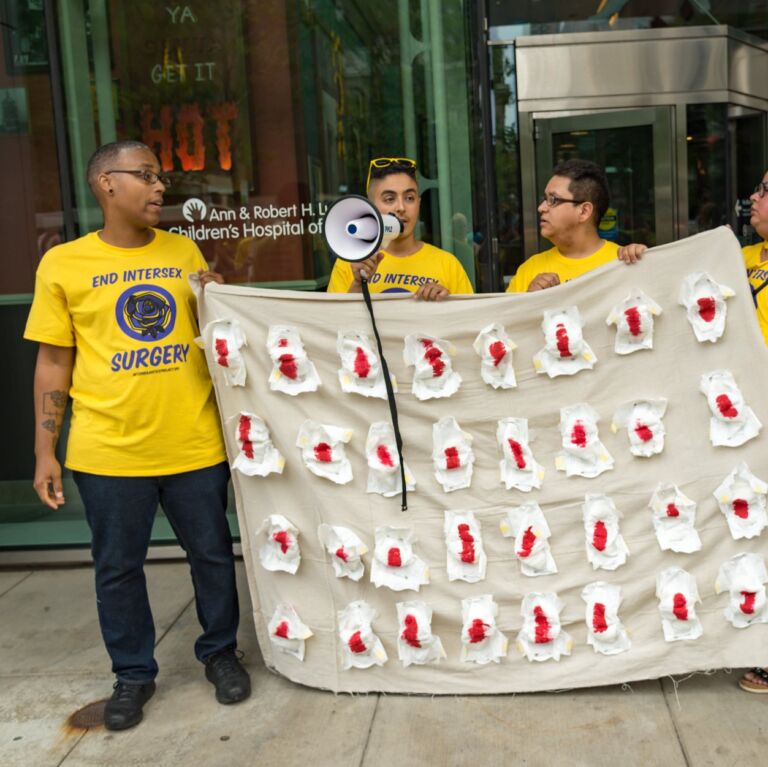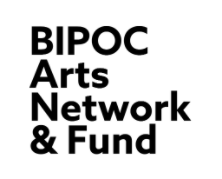“[Our work is] censored/tokenized, to put in a lens of acceptability.” – BIPOC Artist, Established Nonprofit
Houston prides itself on being a diverse city. Black, Latino/a/x, Indigenous, Asian American, and other artists and collectives of color form the foundation of that diversity. BANF grantees and other BIPOC artists have deep cultural and creative expertise and are integral to the artistic and cultural strength of Houston. They are already working to advance their hopes and dreams.
But Houston’s future has been limited by the ways Houston arts funding and the arts sector has been shaped by dominant institutions and cultural bias that suppress the art, cultures, and visions of BIPOC artists.
The narratives defining artistic quality and what defines BIPOC arts, are rooted in cultural, racial, and ethnic bias, leading to delegitimization and devaluing of BIPOC arts. Some grantees shared that their fine arts are often classified by dominant institutions as ethnic and less valuable in comparison to the art of their white peers’, who often co-opt their work. Other grantees noted that the broader arts community doesn’t recognize BIPOC artists for their diverse identities and practices, leading to the homogenization of BIPOC arts.

Due to this bias, BIPOC artists, collectives, and arts organizations are under recognized and underfunded for their work. When they are funded, BIPOC artists are not supported for the artistic dreaming, creativity, or generative possibilities all of which is required for an innovative, powerful arts sector. By virtue of the philanthropic sector’s focus on funding nonprofits, individual artists and collectives are often left out of grantmaking opportunities. There are also limitations to municipal funding and investment, which is not accessible to all. This perpetuates the ways artistic communities are silo’d by artistic discipline, ethnicity, geographic distances, language, and immigration and refugee status.



Houston, We Have a Problem.
“There are standards of comparison; certain standards [of what] is fine art, anything that is ethnic is folk art, and doesn’t have the same value.”
– BIPOC Artist, Established Nonprofit
“[There’s the] idea that the BIPOC community is niche. We are what Houston is, and should be supported in that way.” –
– BIPOC Artist, Emerging Collective
“[We’ve been] going to traditional foundations for funding, competing with white organizations, and program officers [who] are generally white. They look at communities of color as lesser.” –
– BIPOC Artist, Established Nonprofit


